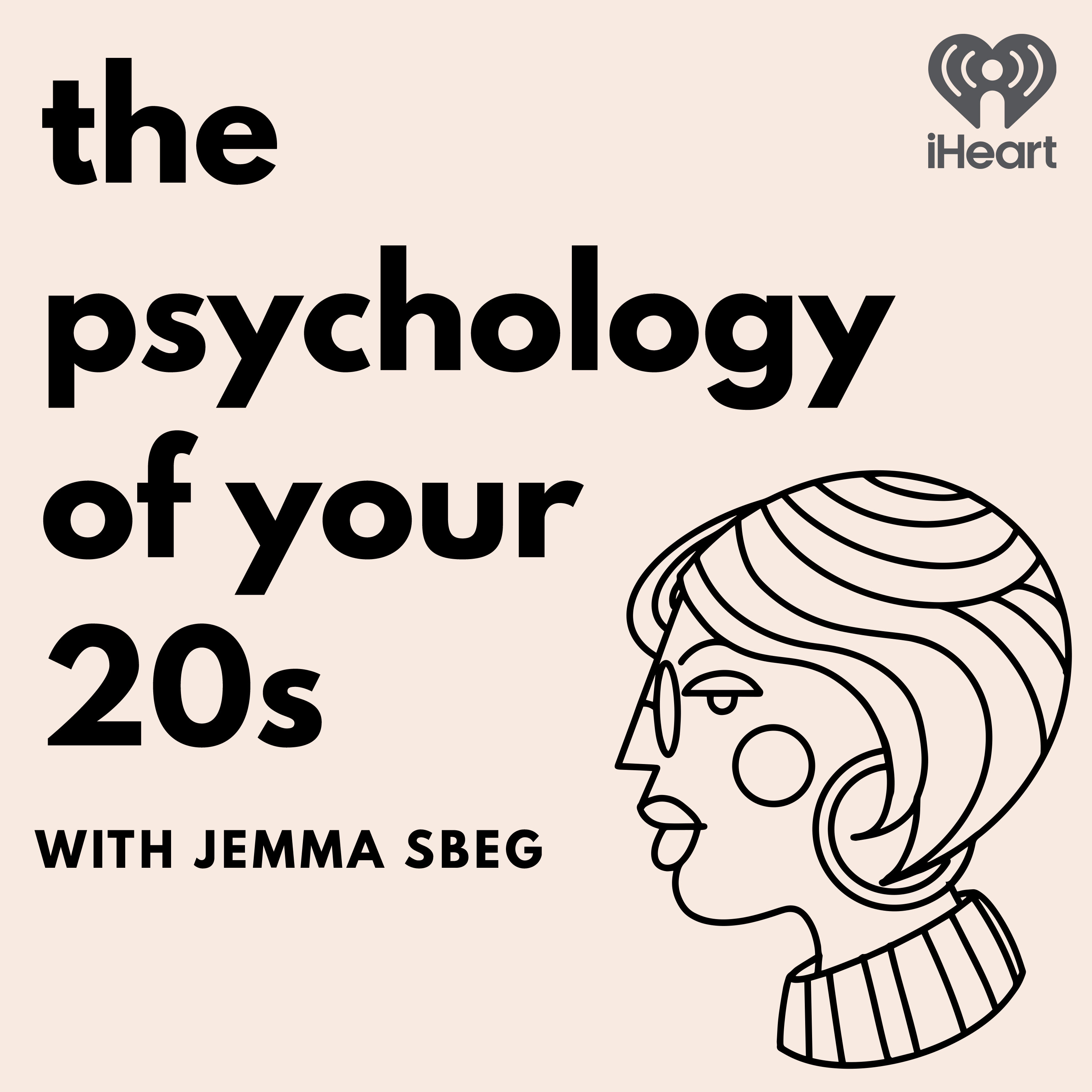Chapter

Understanding Emotional Availability and Unavailability
This podcast explores the concept of emotional availability and unavailability, examining what the signs of each look like, and how they can manifest in various relationships, including friendships and romantic partnerships.
Clips
This podcast episode explores emotional unavailability, not just in romantic relationships but also in friendships and oneself.
01:52 - 06:14 (04:21)
Summary
This podcast episode explores emotional unavailability, not just in romantic relationships but also in friendships and oneself. It discusses what emotional availability and unavailability look like, how it affects our relationships, and how to cultivate emotional availability within ourselves.
ChapterUnderstanding Emotional Availability and Unavailability
Episode82. The psychology of emotional unavailability
PodcastThe Psychology of your 20’s
Emotional unavailability may cause individuals to struggle to reach emotional depths and share their true feelings, resulting in lack of emotional closeness in their relationships as it's a coping mechanism from emotional pain.
06:14 - 10:46 (04:32)
Summary
Emotional unavailability may cause individuals to struggle to reach emotional depths and share their true feelings, resulting in lack of emotional closeness in their relationships as it's a coping mechanism from emotional pain. The hallmark of emotional unavailability is pulling away from others when situations get tricky.
ChapterUnderstanding Emotional Availability and Unavailability
Episode82. The psychology of emotional unavailability
PodcastThe Psychology of your 20’s
Childhood experiences with lack of emotional closeness from a caregiver or unresponsiveness to emotional needs are some of the reasons why some people develop an avoidant attachment style, characterized by withdrawal, suppression of emotions, independence, and fear of rejection.
10:46 - 17:26 (06:39)
Summary
Childhood experiences with lack of emotional closeness from a caregiver or unresponsiveness to emotional needs are some of the reasons why some people develop an avoidant attachment style, characterized by withdrawal, suppression of emotions, independence, and fear of rejection. Experiences of pain and rejection can lead to a protective mechanism of avoiding commitment and vulnerability to avoid future hurt.